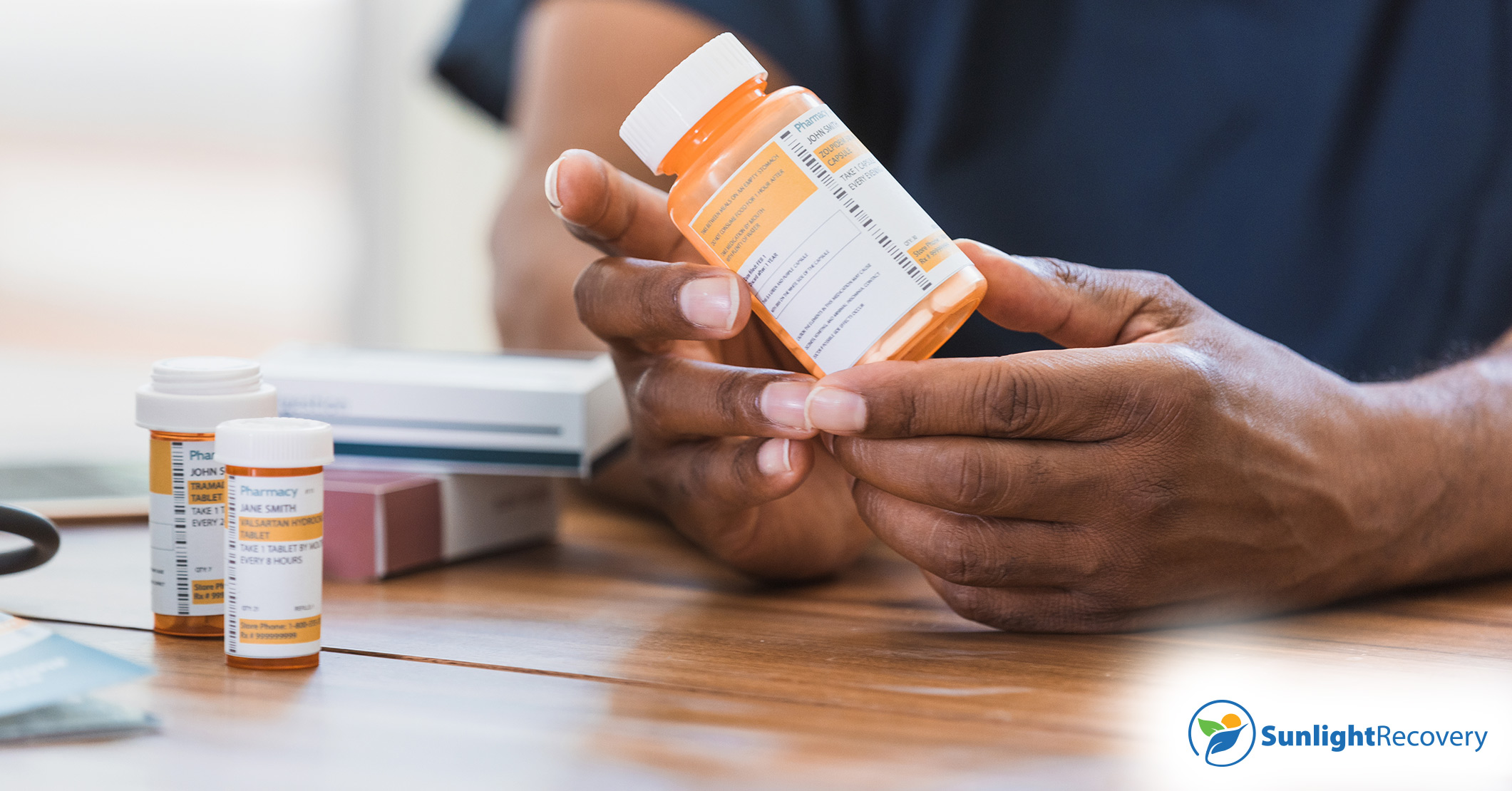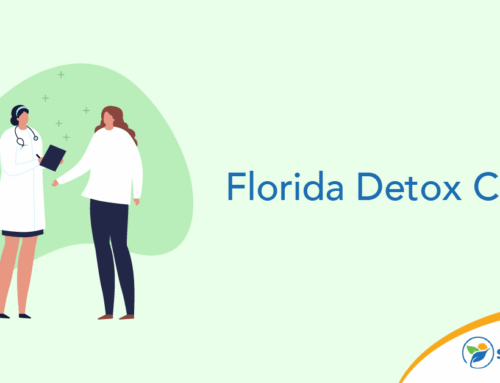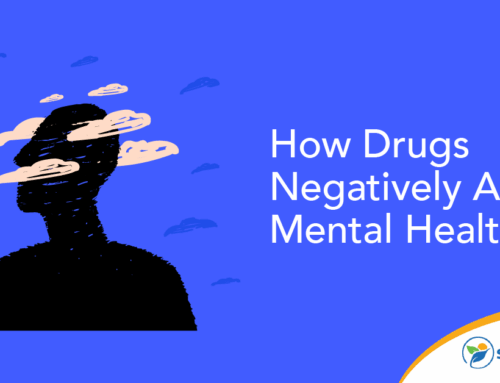Attention deficit hyperactivity disorder (ADHD) is one of the most common neurodevelopmental disorders. Approximately 6 million children and adolescents in America are diagnosed with ADHD today, but the condition continues to affect people into adulthood. By 2020, more than 366 million adults had an ADHD diagnosis worldwide. Treatments for ADHD include both therapy and medicine, and one of the most popular medications on the market is Concerta.
Concerta is widely known as a safe and effective FDA-approved medication, but it’s also associated with certain common but relatively mild side effects, as well as some rarer but more serious ones. Here, we’ll discuss Concerta side effects in females, males and children and how to manage them.
Introduction to Concerta and Its Role in ADHD Treatment
Concerta is the best-known brand name for methylphenidate, a medication for the symptoms of ADHD. It stimulates the central nervous system and the brain’s chemical production to increase alertness and focus. Concerta is known in particular for an advanced pill design tailored for the measured release of the drug into the bloodstream.
This timed, extended-release design allows a dose of Concerta to take effect in about an hour and last up to 12 hours. This means it provides relief from symptoms for even longer than the well-known ADHD drug Adderall. It can be prescribed for children and for adults aged up to 65, and it’s also available in generic form.
Common Side Effects and Their Impact
With the use of either brand-name or generic Concerta, side effects can occur. The side effects of Concerta in adults tend to be similar to those experienced by children, except children are at greater risk of severe stomach pain. Overall, the milder class of Concerta side effects can include:
- Mild allergic reactions
- Dry mouth
- Decreased appetite and weight loss
- Anxiety, irritability or anger
- Mood swings
- Insomnia or, conversely, sleepiness
- Headaches
- Sweating
- Nausea or stomach pain
- Constipation
A complete list of Concerta’s adverse effects can be found in the drug’s official prescription information, but these are the most frequent mild effects. If you experience these side effects for long spans of time or feel they’re more severe than usual, reach out to your doctor for advice. They may adjust your dosage or suggest an alternative prescription..
Less Common But Serious Side Effects to Be Aware Of
Serious side effects from this medication are much more rare. There is little difference between the reported Concerta side effects in females and males.
Concerta is classified by the FDA as a Schedule II controlled substance, which means this medication has a high potential for addiction or triggering a substance use disorder. This makes it extremely important to inform your doctor if you have any prior history of addiction and to make sure you stick to the recommended dosage. If you decide to stop taking Concerta, your doctor will help you gradually reduce your dosage to avoid withdrawal symptoms. Unsupervised use of Concerta can also lead to more dangerous side effects, potential substance use or dependence — so before making any changes to your regimen, consult your care provider.
Other serious side effects can include:
- Severe allergic reactions
- Cardiac issues
- High blood pressure or problems with circulation
- Depression
- Hallucinations, mania or delusions
- Impaired vision
- Seizures
- In men, priapism (a painful and persistent erection lasting more than 6 hours)
Though these cases are extremely rare, Concerta has been associated with sudden death for patients with serious cardiac problems. The medication is also not recommended for pregnant individuals or use with alcohol. It can have potentially dangerous interactions with a number of other drugs, including anticonvulsants, monoamine oxidase (or MAO) inhibitors, some antidepressants, Warfarin and any kind of halogenated anesthetic. As a result, doctors warn against taking Concerta on the day of a medical procedure.
Managing Concerta Side Effects and Seeking Medical Guidance
Though you should consult with your primary care provider if you develop any side effects, there are some common solutions in the meantime to help you manage certain maladies.
- Headaches can be mitigated by a cold compress or ice pack or by a warm bath or shower. Be sure to consult with your doctor before using over-the-counter pain medications.
- Nausea can be reduced using peppermint tea or ginger beverages.
- Stomach pain may be reduced by using a heating pad, taking a warm bath and eating smaller meals than usual.
- Constipation can be ameliorated by eating more fiber-rich foods and drinking plenty of water.
- Mild allergic reactions can be treated with creams or by ingested antihistamines.
Most people taking Concerta aren’t likely to experience anything beyond relatively mild effects. Still, it’s important to consider all the implications and keep in touch with your care provider. The more serious side effects of Concerta in adults can produce longer-term health issues, including stroke or heart attack. For children aged 7 to 10, the use of Concerta can result in stunted growth.
Whether you’re experiencing mild side effects, severe ones or none at all, maintaining open communication with your doctor is the best way to manage your use of Concerta. Your doctor will monitor you over the course of your prescription to help you catch any potential complications and determine if an alternative is needed.
Most importantly, ADHD can have profound effects on your personal life, and it’s important to address the emotional hardships as well as the chemical deficiencies. Concerta should be used in combination with therapy and other treatment options to help you make the most of your work toward recovery.
Effective Treatments for ADD & ADHD
If you’re coping with an ADHD diagnosis, the expert team at Sunlight Recovery is here to help. We provide cutting-edge medication-based and medication-free therapies that can set you on the road to better mental health. Contact us today to start your journey.







